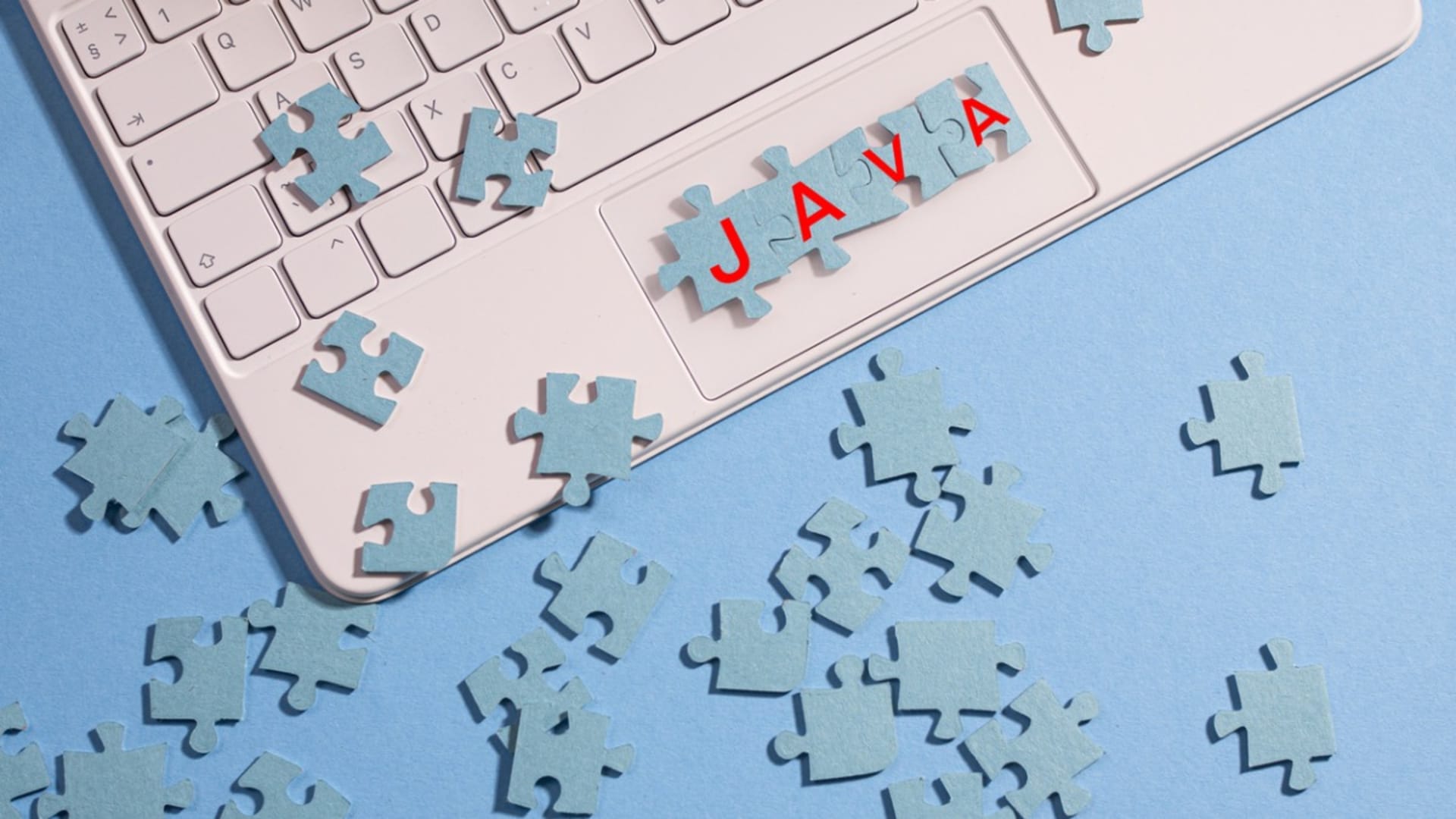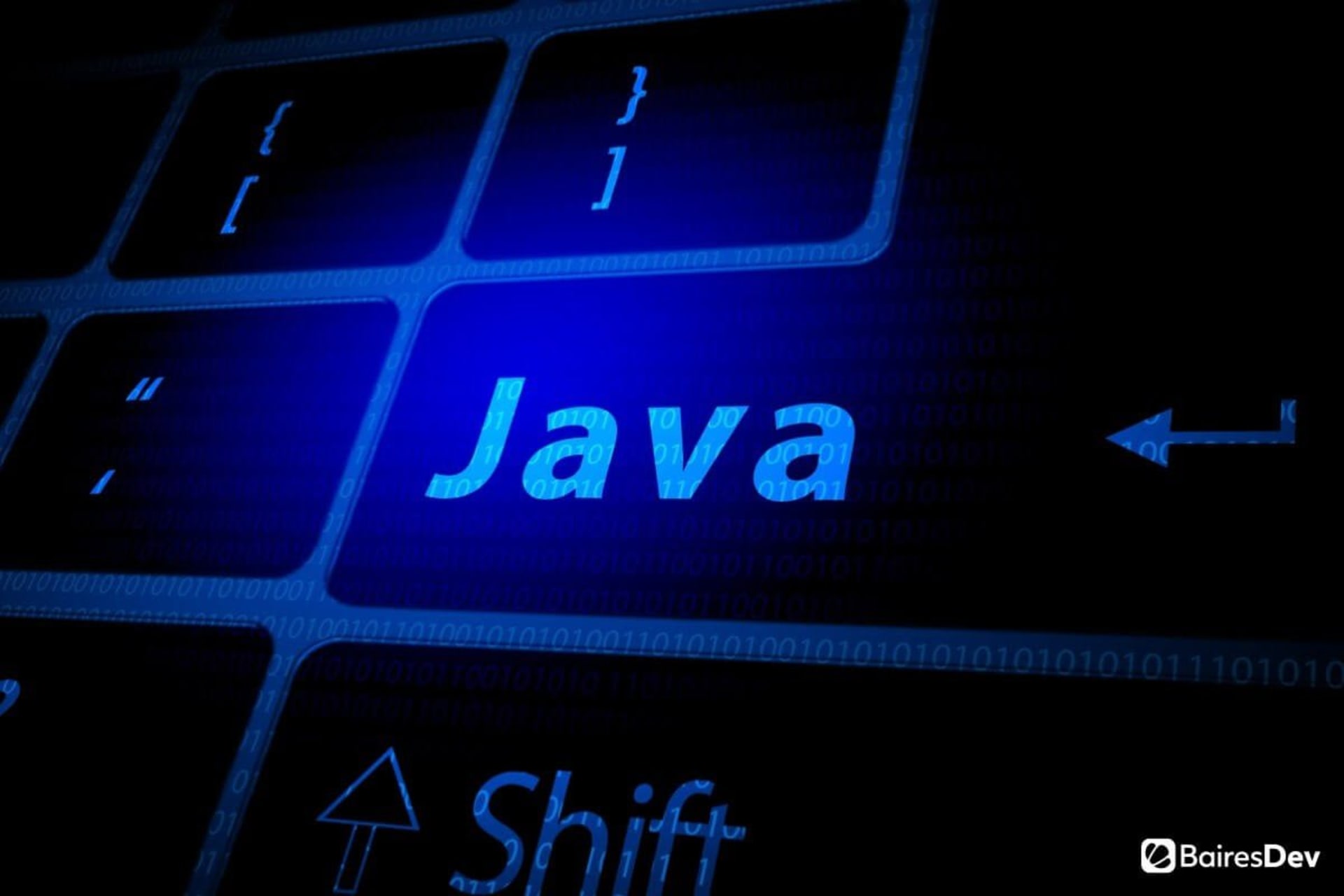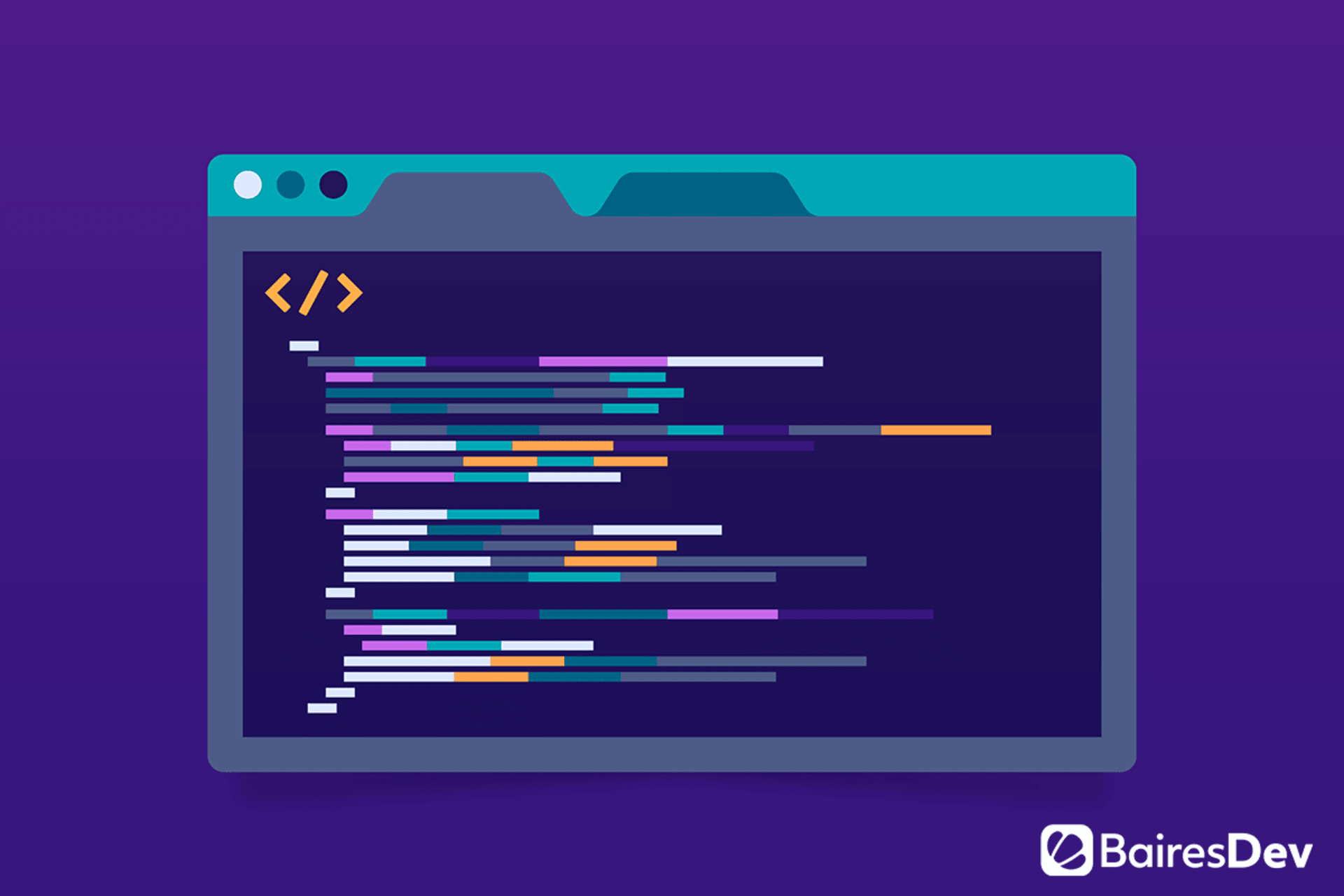- Home
- Technologies
- Grails
Grails Development Company
Our Grails development services already power dozens of active engagements. We typically land our teams within 2 weeks, so you can start shipping top quality software, fast.
500+ companies rely on our top 1% tech talent.
Grails Development Services We Provide
Custom Grails Application Development
Custom Grails application development allows you to address specific challenges with the framework's rapid development capabilities and seamless integration with Groovy, Java, and Spring.
Our developers utilize languages and technologies including Groovy, Grails Object Relational Mapping (GORM), and Gradle to deliver dynamic applications.
Grails Web Application Development
Grails plays a pivotal role in helping businesses engage with bigger audiences online. Create dynamic web applications that deliver engaging user experiences and, ultimately, boost business growth.
We tap into technologies like Groovy, Groovy Server Pages (GSP), and Spring Security. We also prioritize the reliability, security, and scalability of your applications by harnessing Grails' built-in support for features like scaffolding, asset pipeline management, and RESTful API generation.
Grails E-Commerce Development
Tap into the growing e-commerce market. With Grails, businesses can create scalable e-commerce platforms. Offer seamless shopping experiences, driving sales and revenue growth.
Our developers leverage Grails alongside technologies like Spring Security and GORM to develop dynamic e-commerce platforms. We also integrate popular e-commerce features like product catalogs, shopping carts, payment gateways, and order-management systems. The result? Fully functional and secure online stores.
Grails Plugin Development
Enhance the functionality and capabilities of Grails applications. By developing custom plugins, businesses can easily add new features, integrate third-party services, and optimize performance.
We create custom plugins tailored to the specific requirements of our clients, such as authentication and authorization plugins for user management and caching plugins for performance optimization. Our developers leverage Grails plugin architecture to ensure compatibility, reliability, and maintainability.
Grails API Development
Build robust APIs to power applications. This facilitates communication between different components of their ecosystem, like RESTful APIs for mobile application backends and GraphQL APIs for flexible data querying.
By leveraging the Grails framework, you can develop RESTful APIs that provide access to your data and functionality. We leverage Grails and technologies like the Grails REST API plugin and Spring Boot to create high-performance and secure APIs. We follow best practices like proper documentation, versioning, authentication, and authorization. This way, we can ensure interoperability, reliability, and scalability.
Migration to Grails
Migration to Grails is crucial for businesses seeking to modernize their existing applications. Migrating to Grails can improve performance and enhance maintainability and scalability. It can also reduce technical debt and long-term maintenance costs.
Our developers assess your existing architecture, identify potential challenges and risks, and develop comprehensive migration strategies. Using tools like the Grails Migration plugin, we ensure a smooth and efficient process. Our priority is always to minimize downtime and disruptions to business operations.
Content Management Systems with Grails
Content management systems (CMS) built with Grails offer businesses a powerful platform to create, manage, and publish digital content. With Grails, you can develop custom CMS solutions, from corporate intranet portals and learning management systems to logging platforms, community forums, and more.
Whether you need to publish articles or multimedia content or manage user-generated content, we build custom CMS solutions with Grails. Using Grails plugins like Grails CMS plugin and technologies like GSP and GORM, we create feature-rich CMS platforms. Get a CMS with customized workflows, version control, and other features.
Rolls Royce case study
Rolls Royce turned to BairesDev to develop an efficient, user-friendly mobile app. A two-week discovery process with the Rolls Royce product owner identified a comprehensive list of functionalities, data streams, and displays required to meet their clients’ expectations for a mobile SDS. Read the entire Rolls Royce case study.

Why Choose BairesDev for Grails Development

Top 1% of Tech Talent
Benefit from the expertise of our Grails developers, who represent the top 1% of talent in the technology industry. Each of our developers undergoes vetting for both technical skills and domain expertise. Our Grails developers are mainly based in LATAM time zones that overlap with those of businesses in the U.S. This way, you can expect seamless collaboration in crafting your software solutions.
Robust Security Measures
We adhere to industry-standard security practices to protect sensitive information and strengthen your Grails system's security. Our measures include integrating Spring Security for robust authentication, implementing encryption protocols, performing thorough input validation to prevent vulnerabilities, and utilizing authentication tokens for secure access.
Flexible Engagement Models
We offer three engagement models: staff augmentation, dedicated teams, or end-to-end software outsourcing. With these flexible models, you can choose the approach that best aligns with your budget, timeline, and project objectives.
The Grails Ecosystem We Used in Previous Work
Programming Languages and Core Frameworks
Primary programming languages and foundational frameworks that underpin Grails application development, providing the basic structure and capabilities.
- Groovy
- Java
- Spring
- Hibernate
- Micronaut Framework
Web Development and Front-end Technologies
Tools and technologies focused on the client side of web development, facilitating dynamic interfaces and interactive web experiences with Grails applications
- Grails
- AngularJS
- React
- Vue.js
- Leaflet
- OpenLayers
- GSP (Groovy Server Pages)
Database, ORM, and Persistence Tools
Tools that manage data storage, retrieval, and manipulation, enabling efficient data handling and persistence in Grails applications.
- GORM (Grails Object Relational Mapping)
- MongoDB
- Cassandra
- Redis/GORM for Redis
- Neo4j
- Liquibase
- Flyway
Security and Authentication
Frameworks and plugins that provide security features such as authentication, authorization, and encryption, ensuring the protection and integrity of Grails applications.
- Spring Security Plugin
- Apache Shiro
- OAuth
Testing, Monitoring, and Quality Assurance
Tools and technologies for testing Grails applications, monitoring their performance, and ensuring high quality and reliability through various testing and analytical methods.
- Spock
- Geb
- CodeNarc
- Prometheus & Grafana
- AppDynamics
- New Relic
- Elasticsearch, Logstash, and Kibana (ELK Stack)
Development, Build, and Deployment Tools
Tools that support the development lifecycle of Grails applications, from coding and building to deploying and scaling, streamlining the workflow and infrastructure management.
- Gradle
- Docker
- Kubernetes
- RabbitMQ
- Apache Kafka
- Quartz Scheduler
- Asset-Pipeline
- Grails Multi-Tenant Plugin
- Grails CMS Plugin
- Grails REST API Plugin
- Ansible
- Chef
- Puppet
- Webpack
Key Things to Know About Grails
Tailored Solutions for Every Grails Project
Frequently Asked Questions (FAQ)
Grails is a high-productivity web framework based on the Groovy programming language. It is built on top the Spring Boot framework. Grails leverages the Convention over Configuration principle, which simplifies development. This makes it a good choice for building scalable and maintainable web apps quickly.
Yes, Grails runs on the Java Virtual Machine (JVM) using Groovy. This makes it fully interoperable with Java. Grails can leverage the JVM's extensive library ecosystem and robust features for web application development.
No, Grails is not a Java platform. It is a web application framework that operates within the Java web environment. Grails leverages Groovy, which is compatible with Java, and runs on the Java Virtual Machine.
Grails is well-suited for building large-scale applications. Its Java Virtual Machine foundation, integration with the Spring Framework, scalability, and performance facilitate the development of complex applications that have high volumes of transactions. Grails also offers productivity features like scaffolding, and the convention over configuration principle, which help accelerate development timelines.
The Grails web framework offers many important features that benefit businesses. Examples of these features include rapid development cycles, strong typing through Groovy, and a vast collection of plugins and tools that extend app functionality. These features contribute to faster time to market and lower development costs.
Grails development services handle scalability by using Grails' built-in support for caching, asynchronous programming, and service-oriented architectures. The framework's compatibility with cloud platforms enables horizontal scaling to accommodate growing user bases and volumes of data.
A domain class handles data access, validation, and mapping between an application's objects and underlying database tables automatically in Grails. This occurs through Grails Object Relational Mapping (GORM). Grails domain classes lead to several benefits, such as rapid development and prototyping, scalability and flexibility, cost efficiency, easy maintenance and upgrades, and enhanced quality and reliability. The grails create-domain-class command facilitates data modeling in Grails.
Yes, Grails can be integrated with existing Java projects. Grails runs on the Java Virtual Machine and is interoperable with Java code. That means that developers can easily incorporate new features into Java applications or enhance the functionalities of these apps using Grails.
Yes, Grails simplifies concurrent programming. It is built on the Groovy language, which runs on the Java Virtual Machine, and inherits the language's direct approach to concurrency. Groovy offers a number of mechanisms to handle concurrency, such as the Groovy Parallel Systems (GPars) and built-in capabilities for managing asynchronous programming and promises. Grails can leverage all of Java's concurrency libraries and features as well. This simplifies the development of responsive and scalable web applications.
Yes, Java developers can easily incorporate Grails into their projects. This is because Grails operates on the JVM and integrates seamlessly with Java. Java developers can leverage their knowledge of the ecosystem while tapping into Grails' rapid development features.
How Businesses Can Overcome the Software Development Shortage
BairesDev Ranked as one of the Fastest-Growing Companies in the US by Inc. 5000

See how we can help.Schedule a Call










